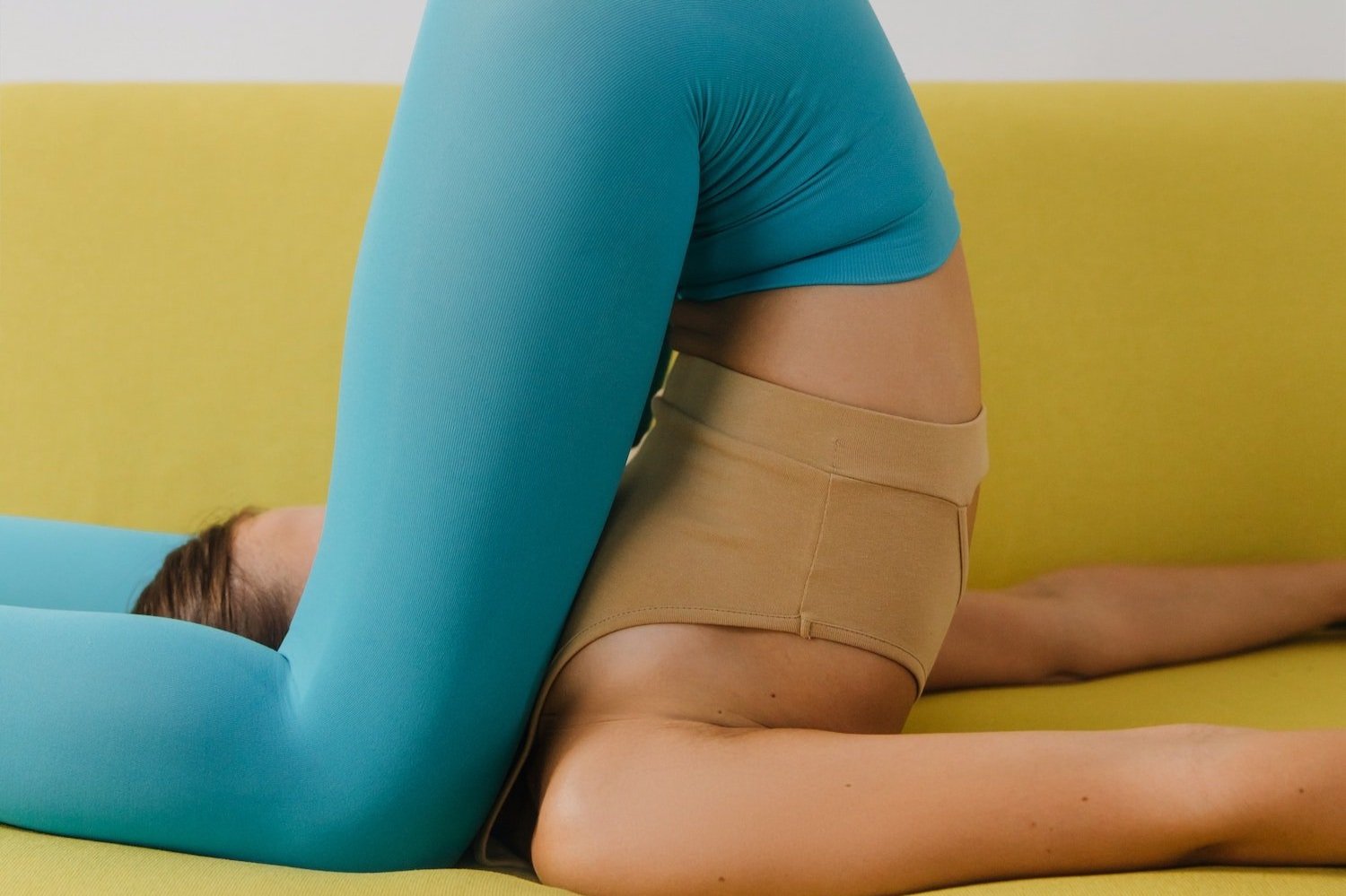Do You Know All 8 Elements Of The Wellness Wheel?
by Marissa Pomerance
The word “wellness” gets thrown around a lot. And most of us associate it with the basics of what we consider a “healthy” or “well” life:
Eating loads of leafy green vegetables. Doing yoga. Buying jade eggs for your vagina.
Ok maybe not that last one.
But true wellness goes beyond our diet and exercise routines; living a well life means seeing our lives in totality—our mental health, our relationships, our financial goals, our work life—and examining what is and isn’t working for us.
So where do we begin?
As it turns out, there’s a very simple framework (simple….not easy) for achieving true, holistic wellness. It’s called the wellness wheel, and it’s made up of 8 elements. Once you know it, it almost feels like the key to unlocking those ever-elusive concepts of “balance” and “happiness.”
Without further ado, let’s just get right into it. There are a few different versions of the wellness wheel, but this one seems to be the most robust:
Were you surprised by some of those elements? Us too. But with closer examination, they actually make a lot of sense. Let’s look at each one again, along with some questions for self-assessment:
Emotional: Simply put, how do you feel? How are you managing your emotions? What are your mental health challenges, and how are you addressing them? Are you reactive? Can you face challenges head on? Are you managing your stress effectively? Our emotional and mental health is everything, and can affect all other aspects of our lives.
Physical: How does your body feel? Are you moving it enough? Eating foods that make you feel nourished? Getting enough sleep? Are you constantly exhausted, bloated, uncomfortable, in pain? Are you getting proper, professional care when needed?
Occupational: How’s your job? Does it make you feel fulfilled? Purposeful? Do you enjoy it, and feel engaged? Or are you miserable? Burned out? Dreaming of quitting? If the thing you spend 40+ hours/week doing isn’t making you happy, then you’re spending most of your life unhappy.
Environmental: Are you happy in the space around you? Are you taking care of your home? Do you function better when it’s clean and de-cluttered?
Intellectual: Do you generally feel creative or inspired? Are you pursuing activities that satisfy your intellectual curiosity? Are you engaging with other people who share your intellectual interests?
Financial: Do you feel confident in your financial health? Are your finances causing you frequent stress? Do you feel like you’re able to meet your current financial obligations? Are you saving money where you can? Are you making smart financial decisions to benefit you long-term?
Social: How healthy are your relationships? Are you lonely? Do you have a solid network of friends and family for support? Are you giving yourself enough time to socialize? Do you have people you can turn to in a crisis? How is your relationship with your partner?
Spiritual: Are you living a life in alignment with your beliefs and values? What are your beliefs and values? Are you betraying your ethics? Do you feel like your life has purpose and meaning?
When any of these elements is off, our whole lives can feel chaotic or lonely or stressful or off. By examining the health of each one, we can figure out exactly where our lives are lacking, and what needs to change, helping us find proactive solutions to our problems. Are there any glaring deficiencies? Something that makes you sad? What steps can you take to change it?
And if this framework doesn’t work for you, then make your own wheel. You can define wellness however you want, jade eggs included.
Marissa Pomerance is the Managing Editor of The Candidly. She’s a Los Angeles native and lover of all things food, style, beauty, and wellness. You can find more of her articles here.
This article is for informational purposes only. It is not intended to be used in place of professional advice, medical treatment, or professional care in any way. This article is not intended to be and should not be a substitute for professional care, advice or treatment. Please consult with your physician or healthcare provider before changing any health regimen. This article is not intended to diagnose, treat, or prevent disease of any kind. Read our Terms & Conditions and Privacy Policy.



